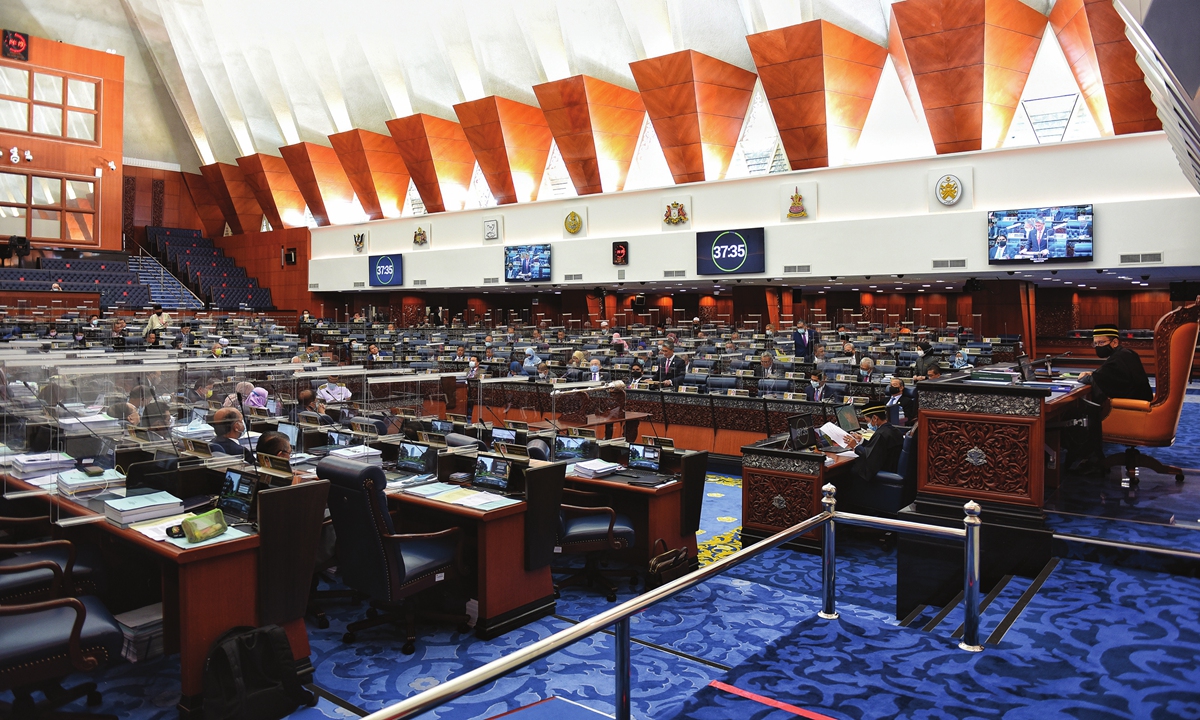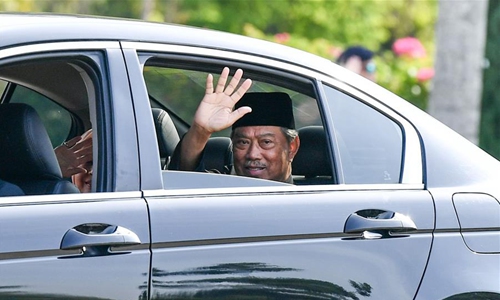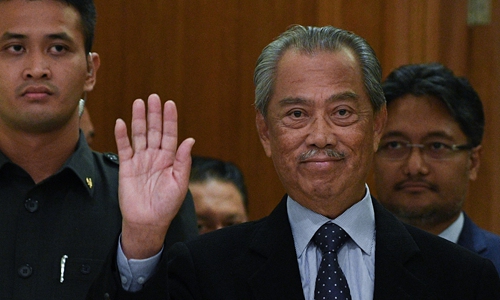Fresh air can help stop infection
We need more emphasis on the need for good ventilation to avoid transmitting Covid-19.
University Kebangsaan Malaysia researchers have shown that the virus causing Covid-19 can remain in the air for up to eight hours in enclosed, poorly-ventilated spaces. This is why it is so important to open the window and bring in fresh air from outside. — dpa
WASH your hands. Since the start of the Covid-19 pandemic, we’ve heard that constantly. But tell me, how often do you hear: “Open the window”?
` Don’t get me wrong, I’m very much into washing hands – ask my children, who’ve heard that for years. But people get infected with Covid-19 mainly from the air they breathe, so why doesn’t ventilation get greater attention?
` People infected with Covid-19 release the virus when they exhale – and in high concentrations when they hack, cough, sneeze, shout or sing. In a closed room, the concentration of virus particles can build up along with the risk of infection. Covid-19 is said to spread with the “3 Cs” – crowded places, confined spaces and close conversation.
` Air-conditioners that recirculate air may become transmitters of disease. In one well-known case in a restaurant in China, 10 people sitting at three different tables got infected from one person, due to the air flow of the air-con blowing virus particles about.
` Over the last year, experts have hotly contested how Covid-19 spreads, in a debate over big droplets vs aerosols (tiny airborne droplets). Health organisations now increasingly accept the major role of airborne transmission. Such details may seem trifling, but the implications are huge. Droplets fall quickly to surfaces, like raindrops; aerosols can remain suspended in the air for hours and move with air currents, like dust particles. This means that you could walk into a closed room and breathe in virus particles left behind hours ago by an infected person.
` This is why ventilation is so critical – more so with the highly infectious Delta variant raging across the country.
` Studies last year by University Kebangsaan Malaysia (UKM) researchers have shown that the virus causing Covid-19 can remain in the air for up to eight hours in enclosed, poorly-ventilated spaces – and that the virus can also travel as far as 6m in aerosols.
` “This is why it is so important to open the window and bring in fresh air from outside – it will dilute the contaminated indoor air inside,” explains ventilation expert Assoc Prof Dr Mohd Shahrul Mohd Nadzir, from UKM’s Centre for Earth Sciences & Environment, who led the studies.
` Ideally, a cross-breeze is needed, so air moves from a window across the room.
` But what if windows can’t be opened? High-rise buildings and shopping malls have central air-conditioners with a ventilation system bringing air in from outside. But such systems need to be monitored and maintained says Dr Shahrul, adding that servicing may not be as easy as most aircons in homes. And they may be inadequate, for instance in malls during festive seasons.
` Also problematic are offices or restaurants with air-conditioners that recirculate air and have no ventilation systems. These could be potential superspreader sites.
` In May, the Singapore government issued detailed guidelines on ventilation in enclosed spaces. The key takeaway: Open the windows and turn off the aircon as often as possible. Also, run exhaust fans at full capacity in closed areas such as toilets.
` “We need to start monitoring indoor air quality to ensure good ventilation so we can prevent indoor clusters,” Dr Shahrul says, adding that air quality sensors can provide continuous monitoring.
` Clean air matters for Covid-19 – there is a strong correlation between air pollutants and Covid-19, which both cause respiratory problems. Moreover, ultrafine particles in the air can potentially carry SARS-CoV-2, as shown by Dr Shahrul’s UKM team in a study published by the Nature Scientific Reports journal early this year.
` Areas with poor indoor air quality could have more ultrafine particles, increasing the risks of Covid-19 transmission. Attached to these particles, the virus could travel over longer distances, explains Dr Shahrul, adding that this occurs with other respiratory viruses.
` The risks of transmission are also higher if many people are in a confined indoor space with poor ventilation. Indeed, we have seen explosive spread in the cramped conditions in which migrant workers live and work.
` The UKM team aims to do a study on air quality on public transport. Buses and LRT/MRT trains have ventilation systems, but when packed, these may be inadequate.
` Dr Shahrul says air purifiers with true Hepa (high efficiency particulate air) filters can help clean air. But he adds: “I wouldn’t simply trust any air purifier brand, they must use a good, proven filter.”
` The other protective measure is, of course, to wear proper, fitting masks (ideally N95 or FFP2, ie masks that filter particulates).
` The pandemic has highlighted a long-standing problem: the need for better ventilation systems and regulations.
` “Human spend 90% of their lives indoors compared with outdoors. We definitely need much stronger regulations on ventilation,” says Dr Shahrul.
` For now, the best way to protect ourselves from Covid-19 (aside from vaccination) may be what renowned infectious disease expert Dr Michael Osterholm says: “Stop swapping air” with others outside your trusted circle of contacts.
` - Mangai Balasegaram writes mostly on health, but also delves into anything on being human. She has worked with international public health bodies and has a Masters in public health. Write to her at lifestyle@thestar.com.my. The views expressed here are entirely the writer’s own.



















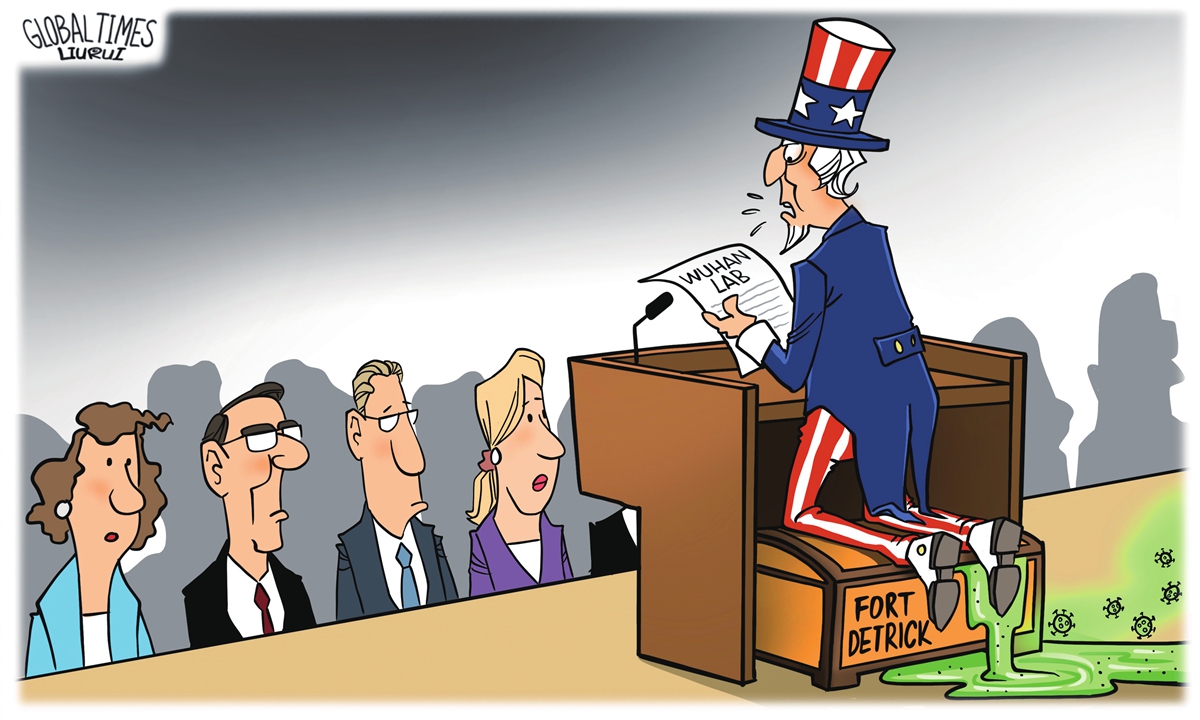
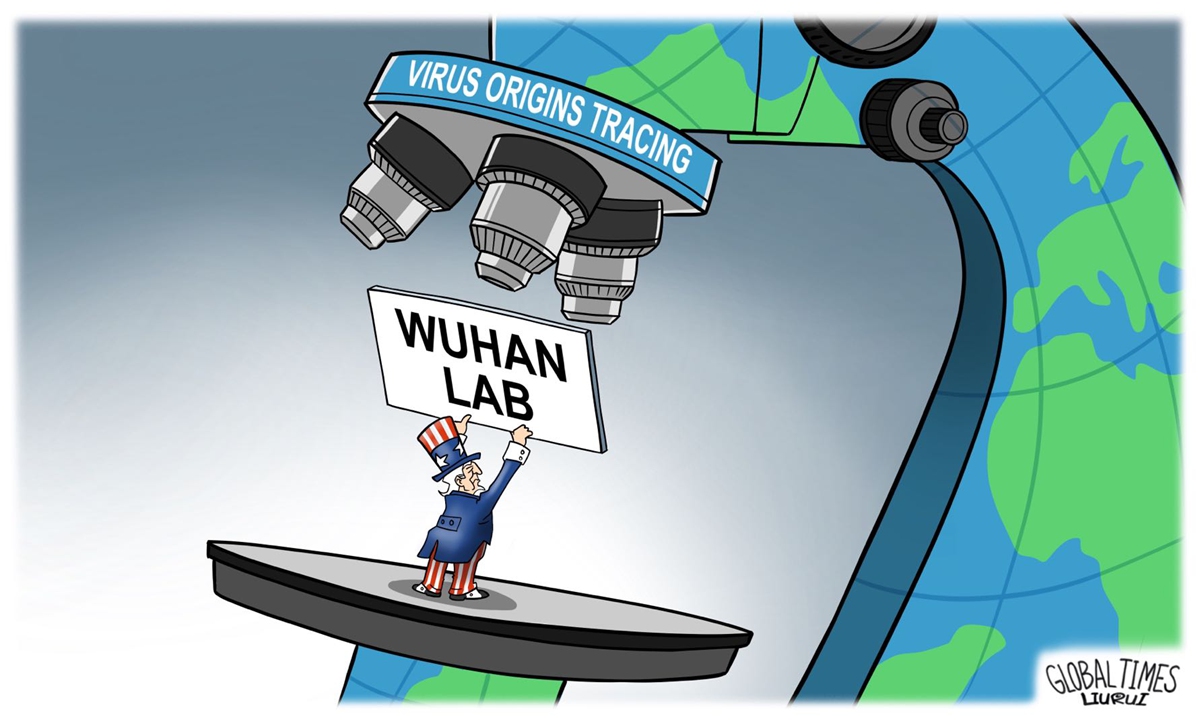
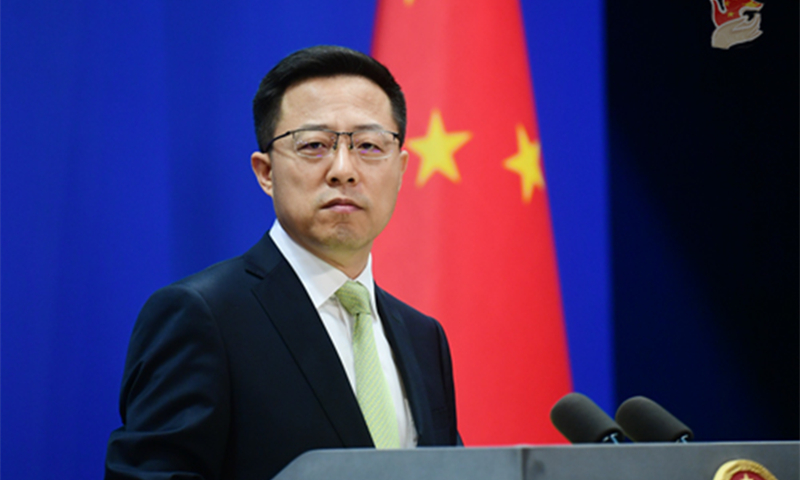







 Workers are busy at a chip factory in Suqian, East China's Jiangsu Province in July 2021. Photo: cnsphoto
Workers are busy at a chip factory in Suqian, East China's Jiangsu Province in July 2021. Photo: cnsphoto